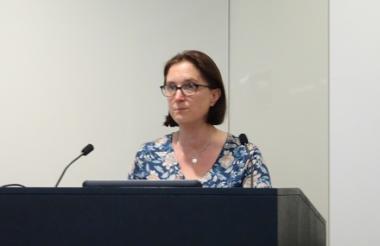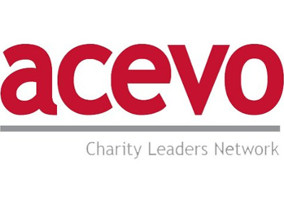Acevo has urged trustees to regularly review their chief executive’s remuneration, criticising the majority of charity boards’ failure to do so.
Speaking at the Honorary Treasurers Forum last week, Acevo chief executive Vicky Browning said only 46 per cent of charity chief executives currently have formal pay reviews.
Browning said this was “a missed opportunity” for charities to see whether they are getting value for money.
She said: “People are not looking at this in a systematic way to check that what they are paying is appropriate.
“If you are not linking remuneration to progress against agreed targets, whether that is personal targets or organisational targets, how can you ensure your pay levels are proportionate to the value of that chief executive to your organisation?”
She added: “Anyway, it’s poor practice. Boards should be giving the same level of support to their chief execs that they would expect them to give to rest of the organisation.”
Public debate affecting CEO pay
Browning said the increased public scrutiny of chief executive pay has had an effect on the way charities think about remuneration.
She said: “We have anecdotal evidence that charities are taking this much more into consideration. Trustees are much more concerned about issues of reputation that affect this and therefore they are taking it into consideration.
“The average chief exec salary has fallen over the last five years. Whether that is to do with media or public opinion or whether that is to do with austerity and reduced contracts is not clear. But it is clear that public opinion is certainly having an effect on the way people are thinking about this.”
But Browning said it was difficult for charities to find the right balance, as they are also having to become more professionalised.
She said: “As a sector we have become more and more professional but at the same time there is this cognitive dissonance with the public who don’t like the thought we are getting really experienced, really skilled people and we are paying them decent money for it. A lot of what you need to do when setting your pay levels is balancing these two tensions.”
Other directors paid more
In the same debate, Browning and Ian Joseph, managing director at interim management provider Russam GMS, were asked whether it was okay for charities to pay another member of staff more than the chief executive.
Joseph said such an arrangement was not ideal but he had seen it “quite often”.
He said: “I’ve seen fundraising directors get paid more than the CEOs. I think the simple answer is to say that fundamentally any CEO is there not to feather their own nests, it is to deliver the objects of the charity.
“If their ego is not too inflated, they should be quite comfortable with that happening. Of course we live in the real world and that is quite difficult but I have certainly been involved in situations with other members of staff who are paid more than the CEO and the CEO is maybe not happy but accepts that is a reasonable thing to do.
“It is suboptimal. Ideally the CEO is paid more. There are more pressures on the CEO. It is a more complicated job. But I think it is perfectly doable.”
Browning said it can be “very uncomfortable” for a chief executive to be paid less than other members of staff but that “the organisation comes first”.
She said: “If you worked in a cancer charity and you were recruiting a researcher with very specialist skills you might pay them more than the chief executive is getting and this is an instance where a particular skills set has a premium. As a sensible CEO you might reluctantly accept that.”
|
Related articles












